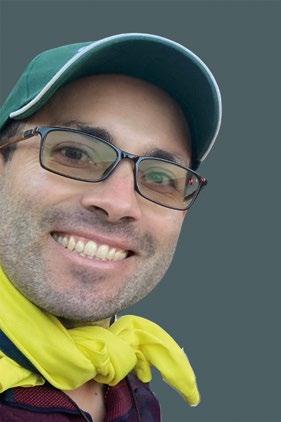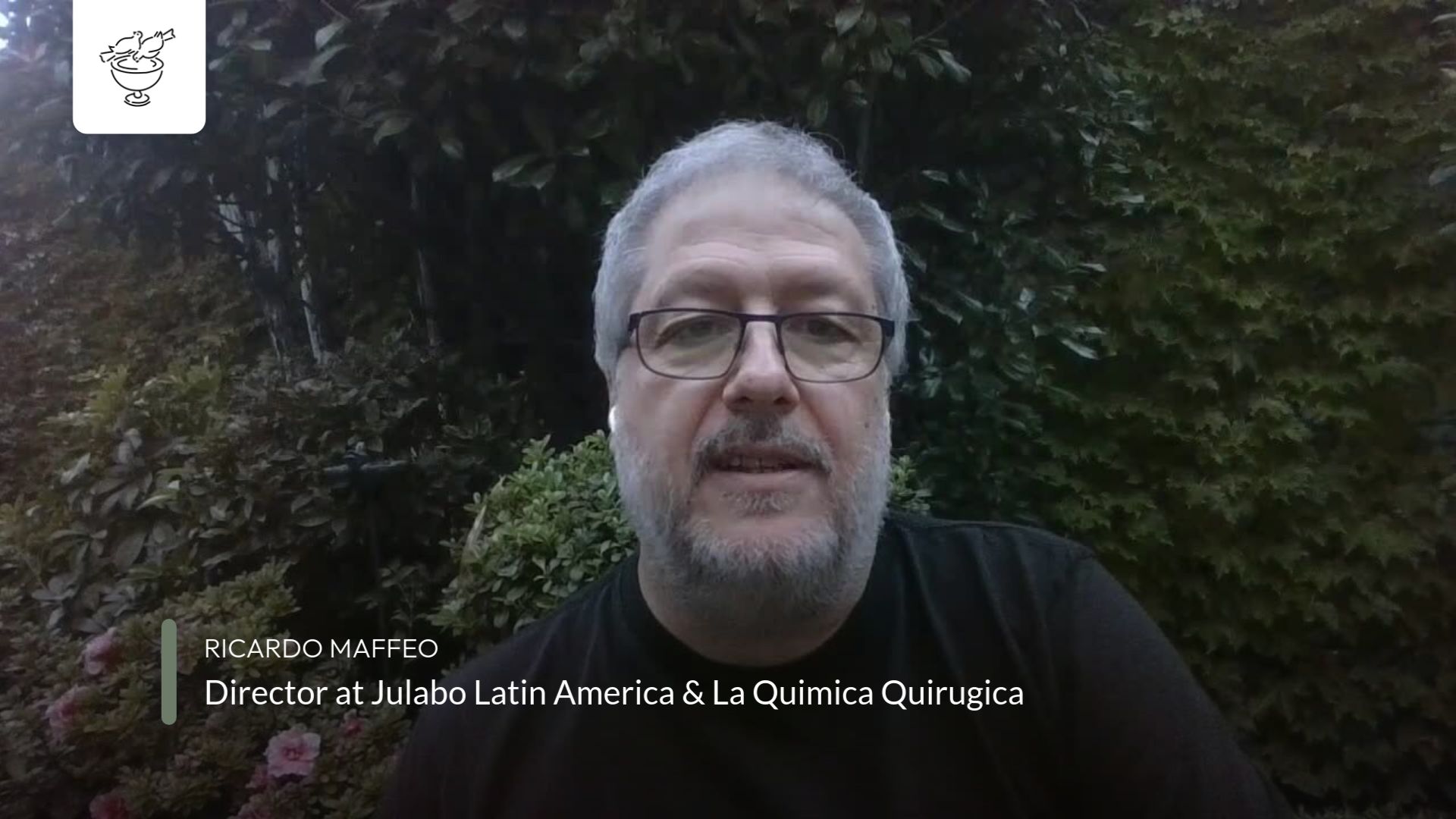Hi, my name is Jose. Welcome to a new reflection from the WCCM Young Insight Timer channel. Here we share teachings from John Main, Laurence Freeman and the Christian contemplative tradition. Today, we’re gonna share a piece of a talk by Laurence Freeman called ‘A sincere form of prayer’ which was given during a John Main Seminar in Montreal Canada in 2002.
When we meditate, we are entering into a form of prayer that the early Christians call ‘pure prayer’. Pure because it purifies the heart of images and desires and fears and all the complexity associated with those things. What is pure is simple. We talk, don’t we, about something being pure and simple? So, when we meditate, we are not speaking to God, we are not thinking about God in a complicated way, we are not bringing our problems to God’s store and pinning them up on God’s noticeboard and dramatizing our relationship with God, asking for these problems to be solved for us. There are other forms of prayer in which we might do these things and they are also valid and useful forms of prayer. All forms of prayer if they are sincere are fruitful and effective. Meditation does not replace other forms of prayer. But a sincere form of prayer is what we need to understand.
What does a sincere form of prayer mean?
In chapter six of Saint Matthew’s Gospel, Jesus gives his great teaching on prayer. He says: ‘Go into your inner room and pray to your father within the secret place. Don’t stand in the street corners and look for other people’s approval. Be simple, he says, when you pray, don’t use many words, be in the present moment. Let go of your worries and your anxieties, when you pray.’ Jesus’ teachings on prayer, in chapter six of St Matthew’s Gospel is a perfect description of meditation.
It is a sign that Jesus is a teacher of contemplative prayer.
What I think he means by sincerity is prayer from the heart. And this way of meditation has often been called the prayer of the heart. Very often when we come to pray and many of us were taught to do it his way. We pray with the intention of changing the world or changing other people or changing the circumstances of our lives. That is our intention. We bring this intention when we pray to God to change the world into a better world and my life into a better form of life. There is something not quite sincere about that because our first priority, the first principle of prayer is that we are not trying to change the world. That is God’s business. We are sincere when we come to pray. If we are open to be changed as we pray. It is first of all, the person who prays who must be changed, that is what makes sincerity in prayer. I am first of all prepared to be changed by my prayer, by the act of prayer. I am willing to be changed.
Then of course, the world will change, I am part of the world. If I am different, the world is different. In the practice of meditation, therefore, we are not bringing our petitions or our intentions into prayer. God knows our needs even before we ask and we are paying attention, not making intentions but giving attention. This is the pure seeing of meditation or contemporary prayer. It is the vision of God, the seeing of God. So we do not entertain particular ideas or images or theories of God in our mind. We are not speaking to God, we are not thinking about our problems but we are doing something much greater. John Main says that our deepest capacity is realized when we meditate and that is our capacity to be with God, in God here and now.
From the John Main Seminar 2002, Montreal Canada.
Thank you for your time.
Peace be with you all and see you in the next audio!
About Insight Timer
Did you know that WCCM is also on Insight Timer? Insight Timer is a free meditation app, accessible to everyone. You can download the app for iOS and for Android to register. WCCM Young is a group on Insight Timer especially dedicated to younger meditators and it’s available in English and Portuguese!






